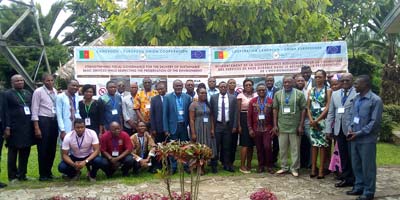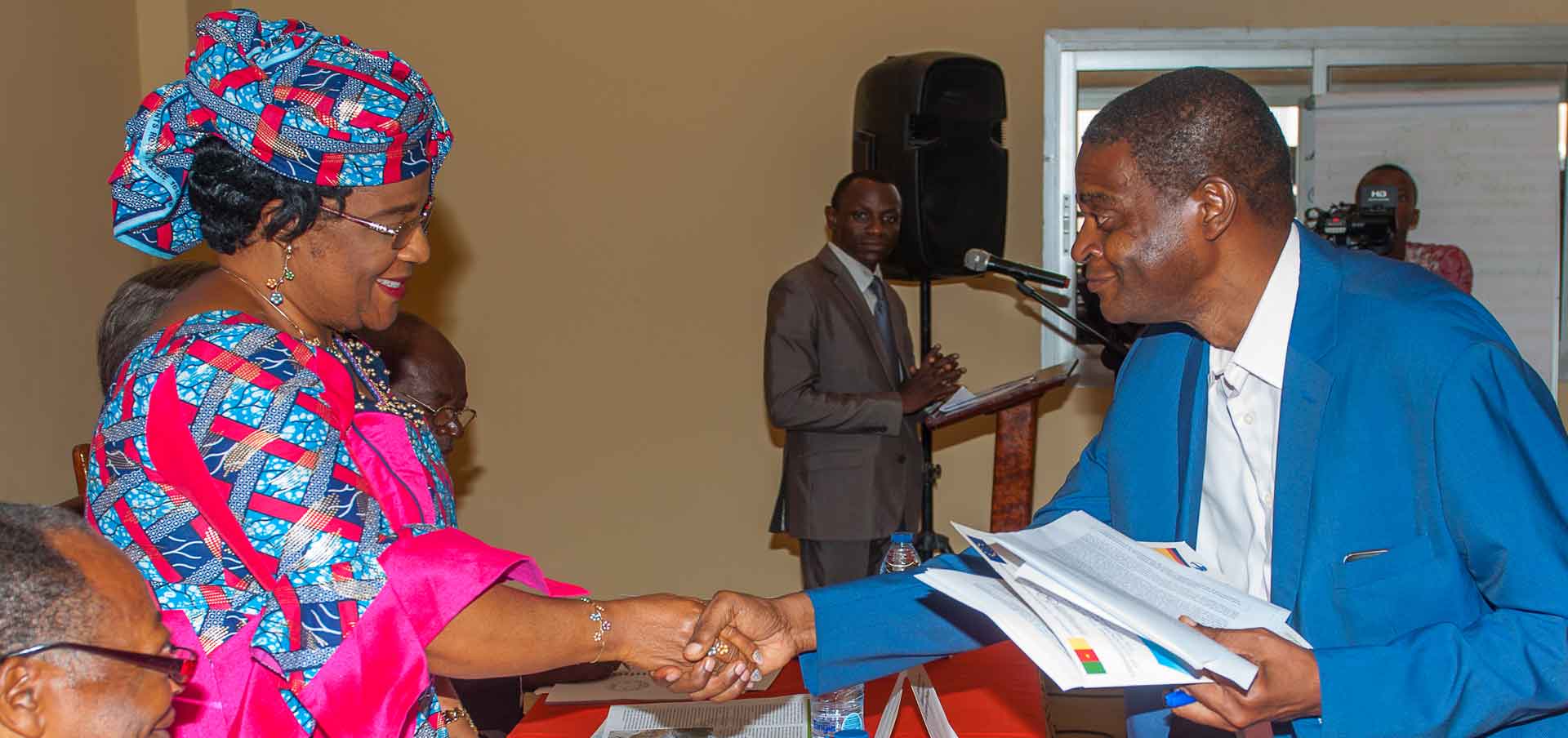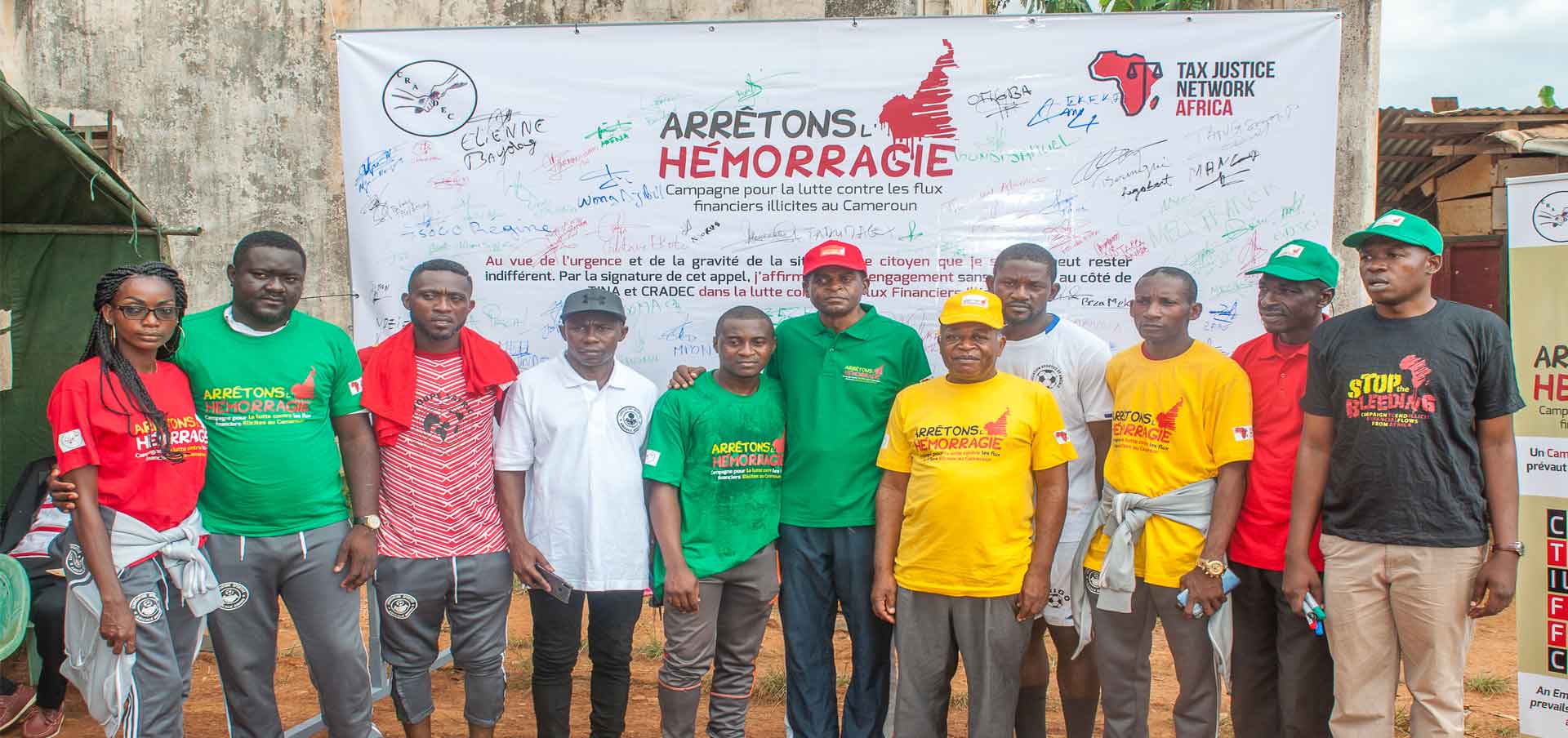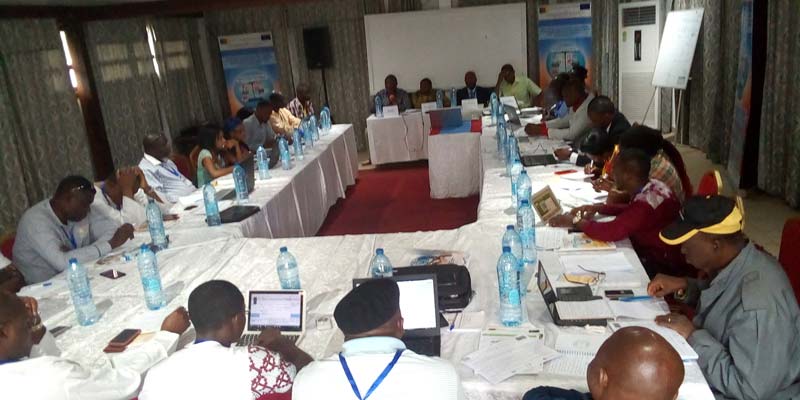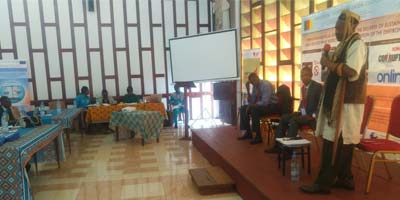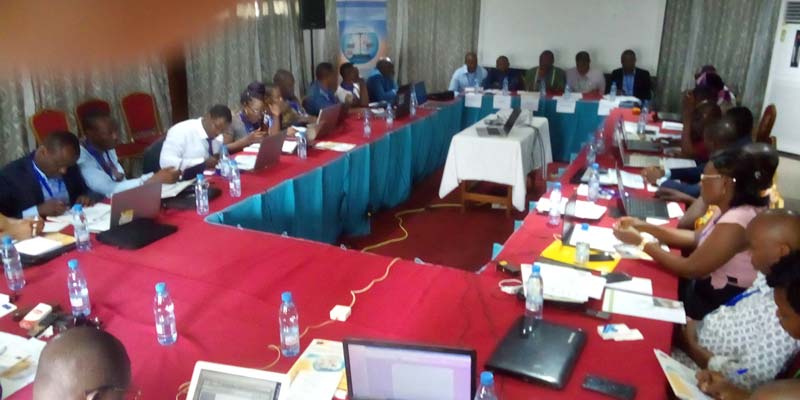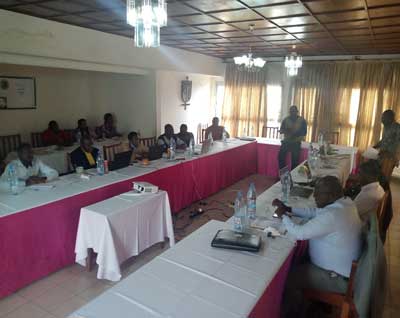
Leakage of tax and customs resources in Cameroon is possible, both due to billing fraud, and the misuse of tax agreements and benefits, are among others the different forms of Illicit Financial Flows (IFF), underlines the consultant Idriss Linge During the pre-validation workshop of the report of the study he conducted on IFFs in commercial exchanges in Cameroon at CICM, Mvolyé / Yaoundé, this August 18, 2020.
About fifteen participants; Members of the IFF Task Force, ADIN Consortium, Afroleadership, CRADEC, DMJ and TI-Cmn responded to this working session.
$ 31.5 billion, a key figure, which generally represents the estimated losses in IFF over a 10-year period from 2007 to 2018. Namely; $ 12.5 billion in import / export value differences; $ 13.2 billion in potential loss of resources in oil exploitation; $ 5.8 billion in lost tax revenues on foreign service activities. Faced with this observation, we note that income taxes are generally incorrectly calculated because they are not quantified, the state of life is beyond normal the lack of tax fairness on the calculation of VAT , are all obstacles to the development of the economy.
Emphasis was placed on resource mobilization. The case of Cameroon's exposure to IFFs is a major obstacle to achieving its 2035 vision. According to the Consultant "If we invest more in our GDP we will be able to achieve the SDGs". Allowing Better tax collection, Justice and tax fairness, Achievement of the SDGs, Reducing harmful exposure to debt and Having the means for its development are valid reasons to fight against IFFs, it is under these recommendations that the consultant has completed the presentation of the study he conducted for 3 months.
Following the brief presentation of the study on IFFs, participants raised several concerns relating notably to the credibility of the figure of $ 31.5 billion in loss due to IFFs, the different opportunities and avenues of advocacy that the report should supply, flow analysis (conditioning figures), the quantity approach to better distinguish values, the difference between Right and Illegal, advances in the petroleum code related to money in offshore operations, flaws in legal conventions, the material faces of IFF actors in Cameroon and SMART recommendations (SPECIFIC, MEASURABLE, ACCESSIBLE, REALISTIC, TEMPORAL)
It is from this angle of enrichment that the key was put under the doormat and an appointment has been made for September 30 for the public presentation of the study.




